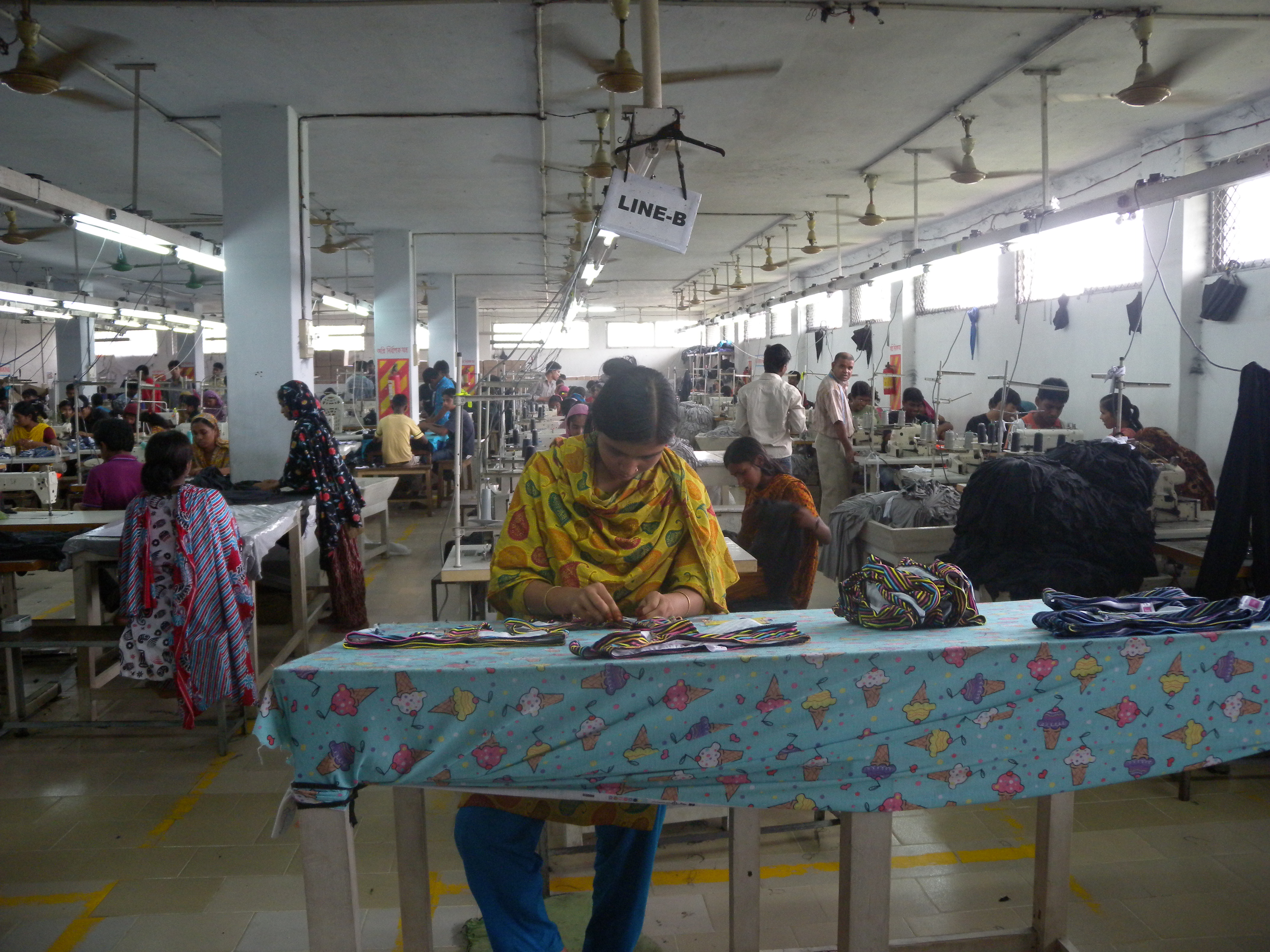
By Salome Fogleman
Without thinking, people are constantly buying new clothes that are designed to last only a short period of time. The Guardian said that fast fashion is the high rate of fashion consumption fueled by the quantity of new clothes that go on sale. These clothes are also sold really cheap; this compels people to buy them. Cheap clothes should be avoided because they are wasteful and exploit others.
One contributing factor to this is that lots of cheap clothes are made by exploited workers. The Guardian stated that “Often a garment worker will represent the sole source of income for a family, and in Bangladesh earning £1 a day is far below what you need to support a family of three, four or five.” When companies pay extremely low wages, they save money, and it allows their customers to buy their products at a cheap price.
There are also many of sweatshops in China. Sarah Catherall, a reporter for Stuff, wrote that “According to their boss, a Wuxi employee earns the minimum wage of 1890 yuan ($380) a month…In 2016, 16 percent of its factory workers weren’t paid the minimum wage, 28 percent weren’t paid enough overtime, 23 percent were paid incorrect entitlements, and 20 percent didn’t get their entitled day off each week.” In China, it is acceptable to pay extremely low wages and to work in poor conditions.
The fabric used to create cheap clothes is also becoming thinner, and lower in quality. These clothes get worn out faster, which makes people buy it again. Companies that take advantage of fast fashion only care about how they can sell things to people to make the largest profit possible. They use the concept of “fast fashion” to sell items that are only designed to last for a short period of time for cheap prices. We as consumers benefit while workers abroad suffer.
Most stretchy clothes, such as workout clothes, are made out of polyester. These synthetic fabrics add to plastic waste. BBC News reported that “Scientists have also warned that polyester-type materials are adding to the problem of ocean plastic pollution.” Very little clothing is recycled, making it very wasteful to keep buying unneeded clothes.
Most stores put things on “sale” to get people to buy. According to BBC News, “You find something that’s just wonderful in a particular way. Maybe there’s something a little bit wrong with it, like it’s a bit snug or it’s not quite your color, but it’s 80 percent off, so you end up buying it anyway and then because it really isn’t right, you don’t end up wearing it.” Most people are more inclined to buy something just because it is half off. Marketing professor Mirco Copic stated that, “about 10 percent of all holiday shopping is self-gifting… if you’re buying something and it’s buy one, get one free, buy one, get one 50 percent off, all of a sudden that’s one for you and one for me. It’s great psychology.” Advertisers have all sorts of tricks to get consumers to buy something. All of these “sales” or “offers” will not help the consumer to save any money. These tricks only cause people to spend more.
All of this constant spending on clothes leads to shopping as a hobby. Marketing strategies used by advertisers exploit our psychological makeup, they convince us to buy unnecessary things only because of the drastic price reduction. Everyone is exploited, both the sweatshop workers and the consumers. Next time you buy a cheap t-shirt, be mindful of how your choices affect the exploitation of others.